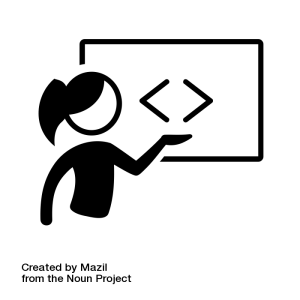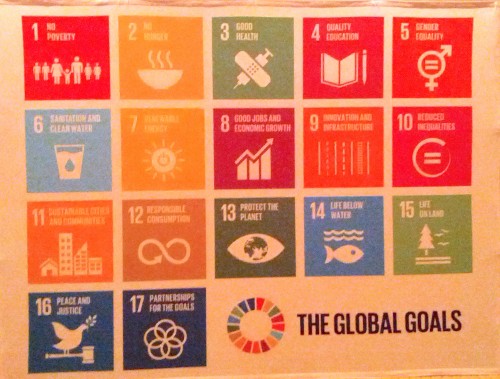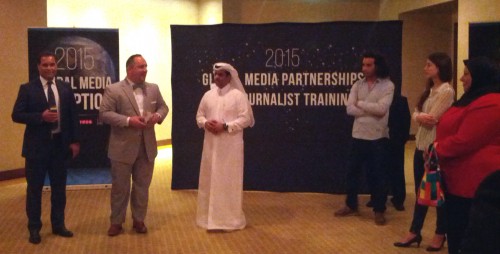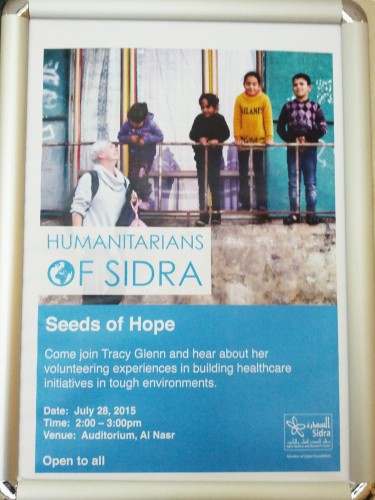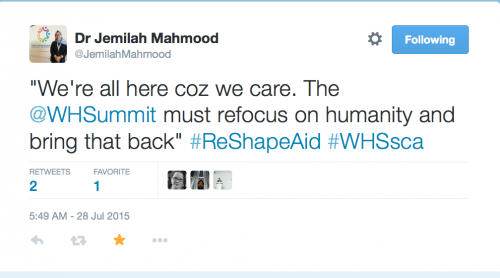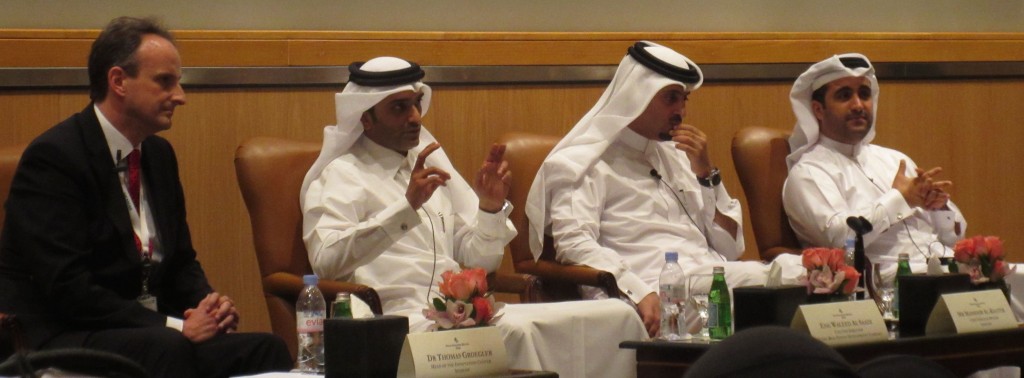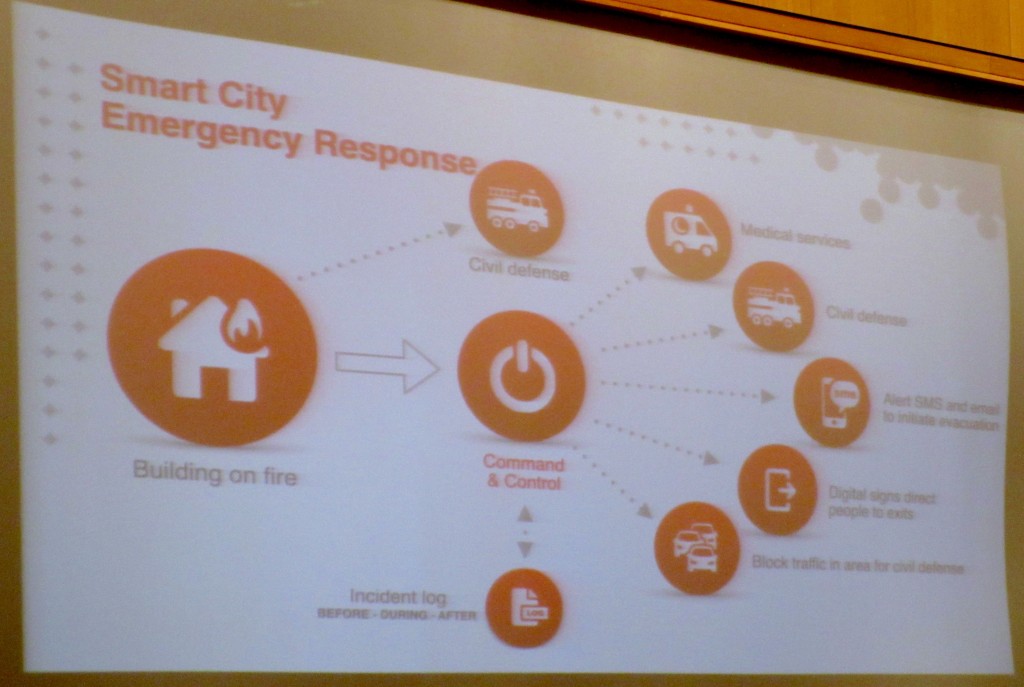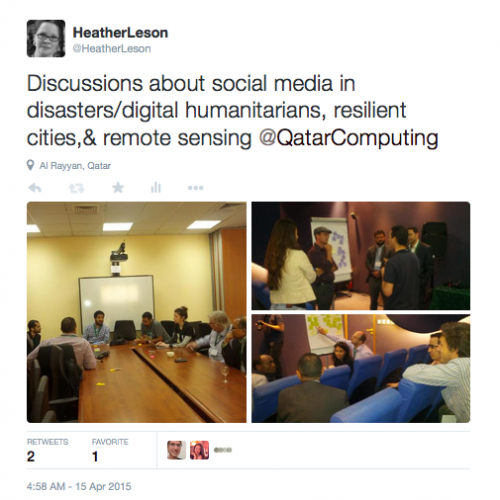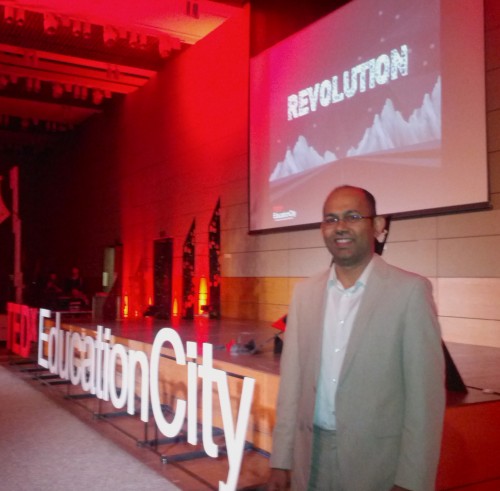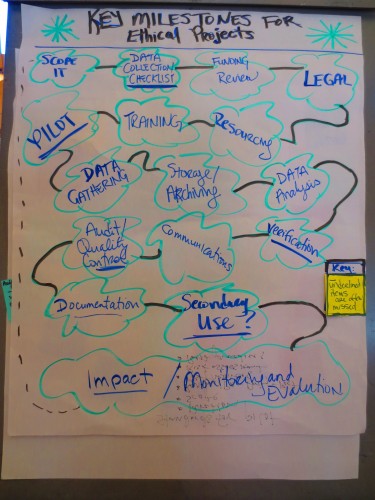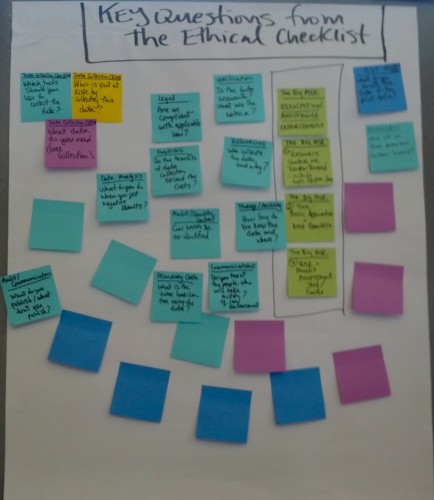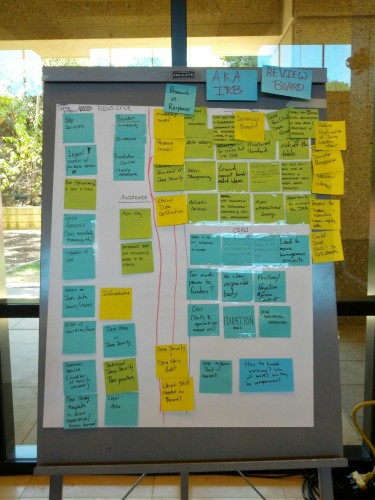The Code for All Summit is in full swing in NYC this weekend. Civic technology friends and allies are meeting to brainstorm and create. Inspiring. Since I moved to Doha, I’ve been contemplating the role of citizen engagement, open source, digital humanitarianism and civic tech within Qatar. Qatar Computing Research Institute has a mandate to support the Qatar Foundation mission of a knowledge economy. Some of the programs I am creating include fostering and investigating social computing and ‘civic tech’ within the research ecosystem. In order to do this, I spent months as a participant observer asking myself: Is there a civic tech community in Doha? What exists and what is needed? If yes, what can I do to foster it?
Participating in local technology community found allies like Qatar Living, Doha Tweetups, Qatar Mobility Innovation Center (QMIC), Mada Qatar (Qatar Assistive Technology Cente) I Love Qatar, or the Google Developer Group. We have Drupal and Creative Commons meetups. There are entrepreneur spaces like ictQatar (Digital Incubation Center), Qatar Business Innovation Center and Qatar Science and Technology Park.
Some recent examples of Civic Tech like activities include:Media in Canvas – Al Jazeera and Challenge 22 . People are creating technology that could be deemed civic tech-like. But what of a Civic Tech Community?
Qatar is a relationship-based culture. There is a wealth of civic tech items to tackle: everything from lack of decent city maps, accessibility, traffic/pedestrian navigation and environmental issues. There are the beginnings of local engagement programmes like Tamm Volunteer Network:
Tamm, which means “consider it done” in Arabic, brings together the currently existing volunteer programs and initiatives in Qatar into one comprehensive online database. Through the Tamm portal (www.tamm.qa), young people can search for the volunteer opportunities of most interest to them, understand what they can expect from their volunteer experience, and learn about the many benefits that can be gained through volunteering.
During the Eid break, I enjoyed reading some new civic tech books: A Lever and Place to Stand: How Civic Tech can Move the World and The Internet is my Religion. Plus, I finally read the seminal book Startup Rising: The Entrepreneurial Revolution Remaking the Middle East. Each of these provide some insight in how to analyze and inspire civic technology. In the coming weeks, I will write more about what I think is happening in Doha and whether it fits into the ‘civic tech’ models. Thankfully Micah Sifry’s chapter“In Search of a Common Language” has some interesting methodology for this type of analysis.
Local techies that I meet speak warmly about how these social and civic tech events inspired them to solve real citizen issues. I believe that my mandate to foster social innovation research in Qatar starts with writing these types of bright spots.
